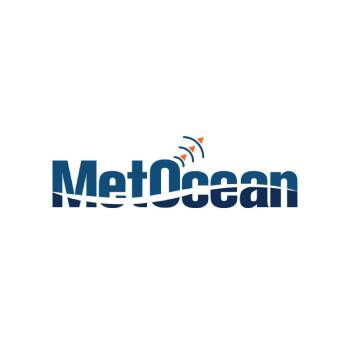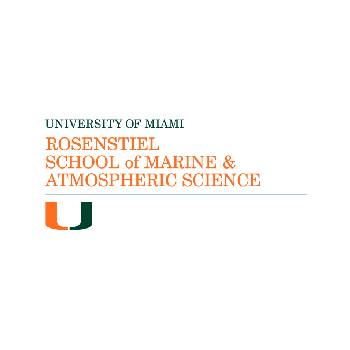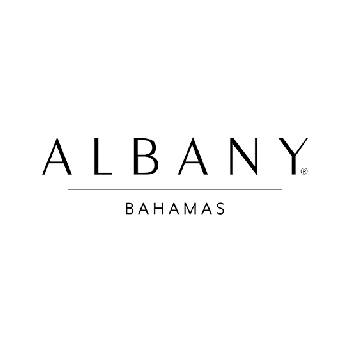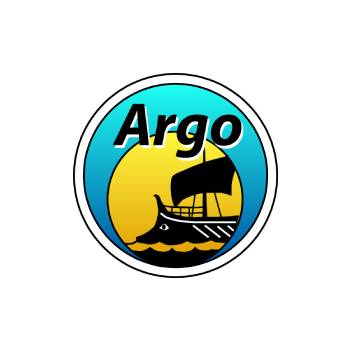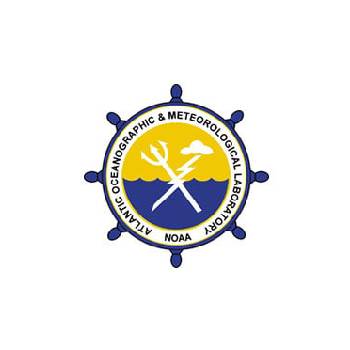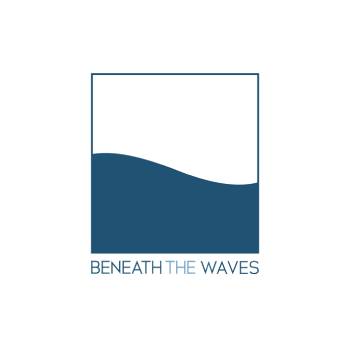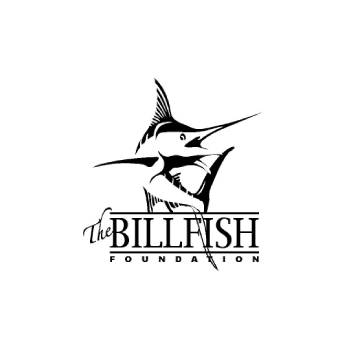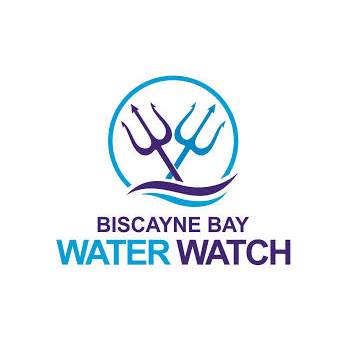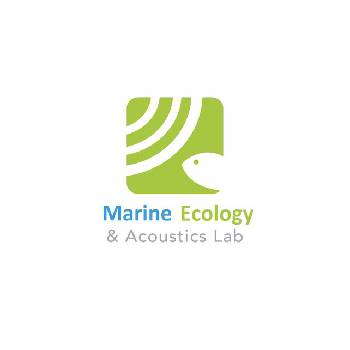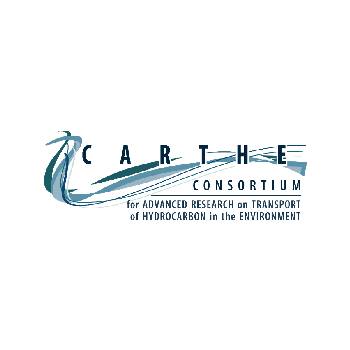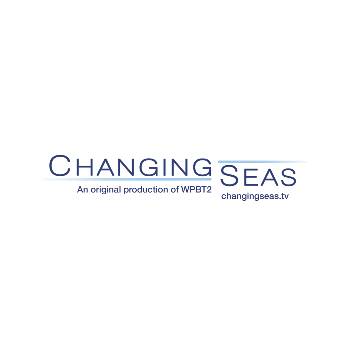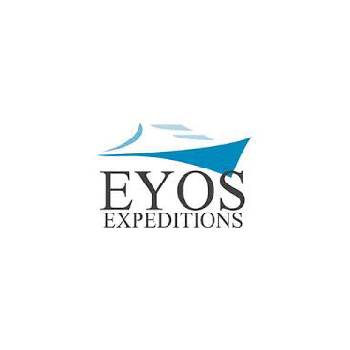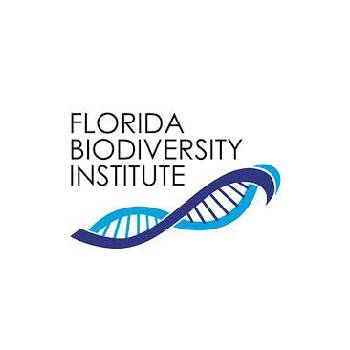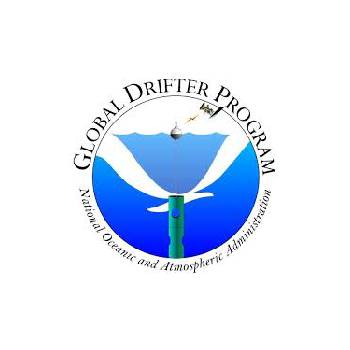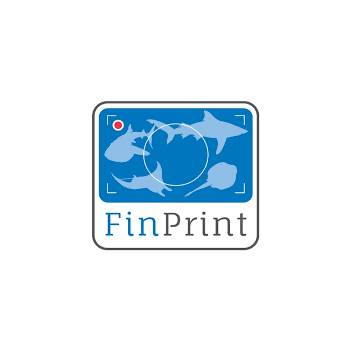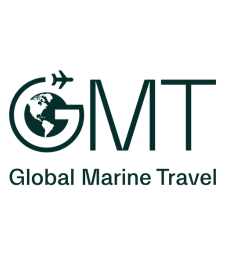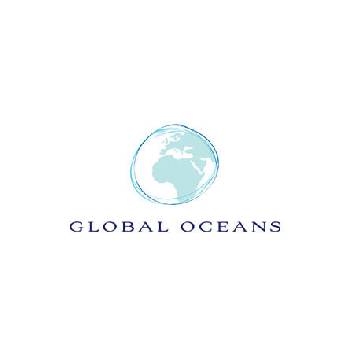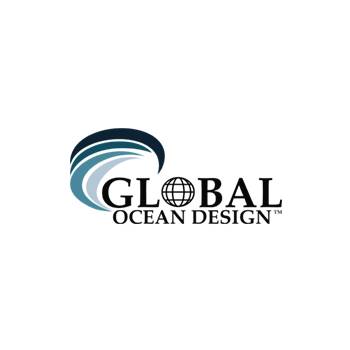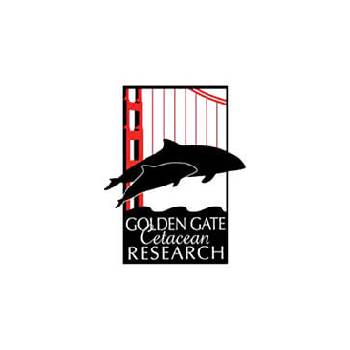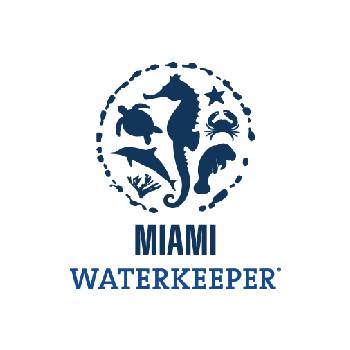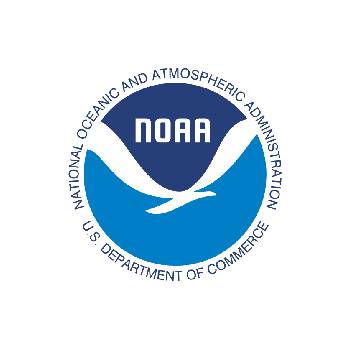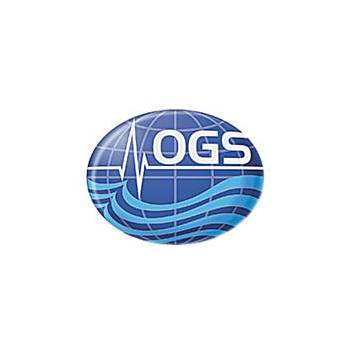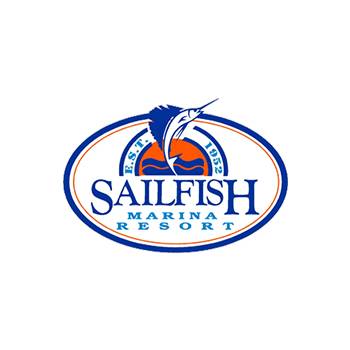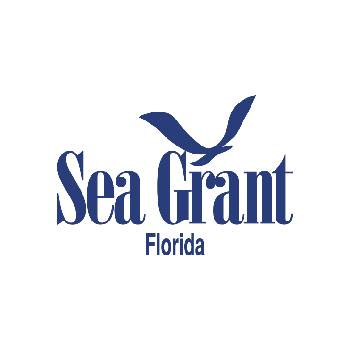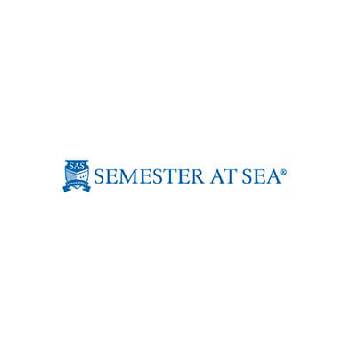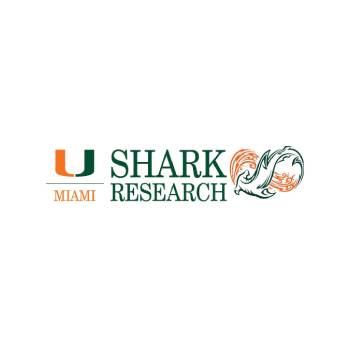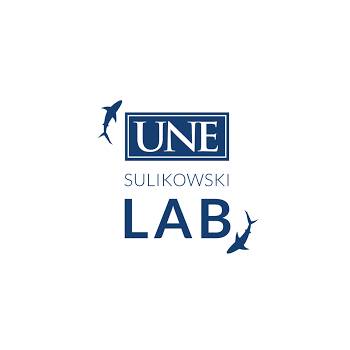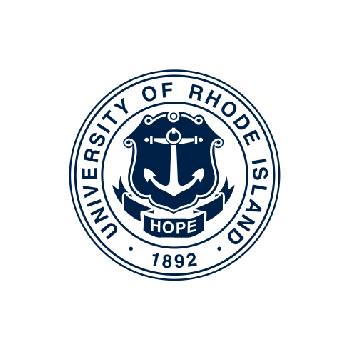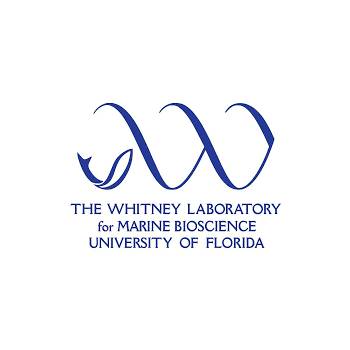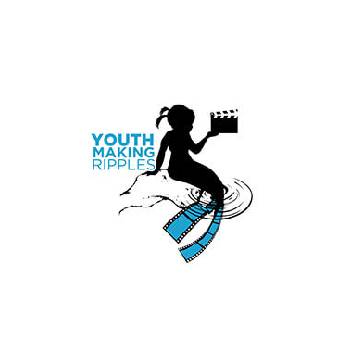What We Do
The DISCOVERY Yacht Program is comprised of Scientist-Led Expeditions, Citizen Science, Educational Outreach and Community Engagement, fostering collaborations with organizations, academic institutions, and government agencies. SeaKeepers partners with yacht owners, orchestrating research and outreach tailored to their unique ocean interests.
As boats traverse the globe, SeaKeepers enhances their impact through conservation, research, and education during their voyages. Participation ranges from concise seabed mapping to extensive expeditions. Generous yacht owners may earn tax benefits and recognition at SeaKeepers events, on the website, and within newsletters.
While sails evoke maritime heritage, motor-powered vessels are pivotal for scientific endeavors. Advancing hybrid and electric technologies offer eco-friendly alternatives. SeaKeepers champions responsible practices through the Green Marine Program, advocating for an ocean-conscious future. To further promote eco-friendliness, we offer "The Green Guide to Boating" as part of our Green Marine Program.
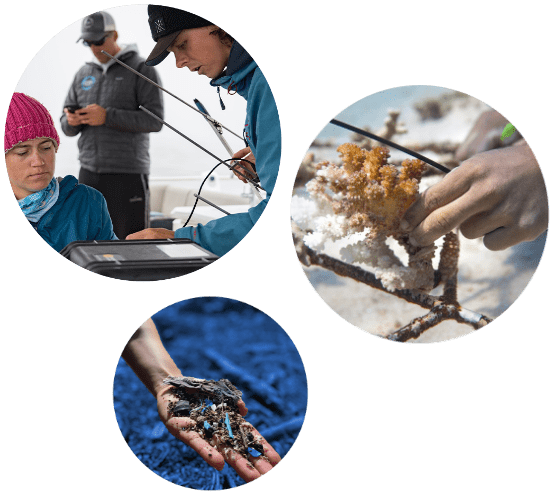
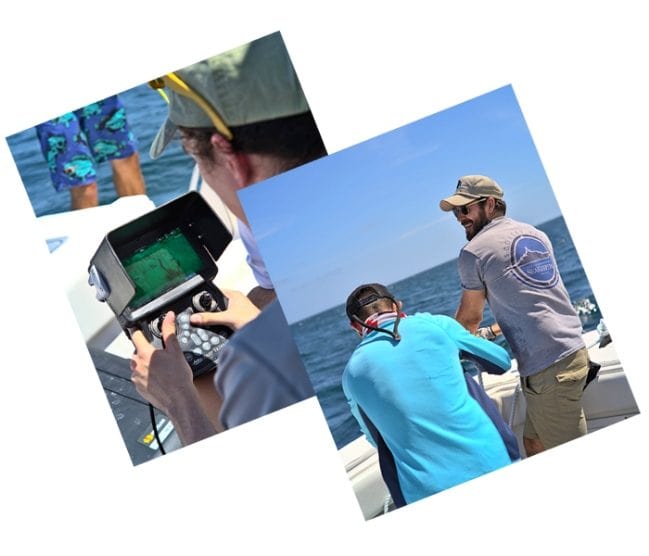
Scientist-Led Expeditions
Scientist-Led Expeditions provide yacht owners, guests, and crew the opportunity to participate in ongoing research while engaging with influential, well-established marine scientists.
SeaKeepers works with experts in the marine science and oceanography fields to promote and facilitate groundbreaking research.
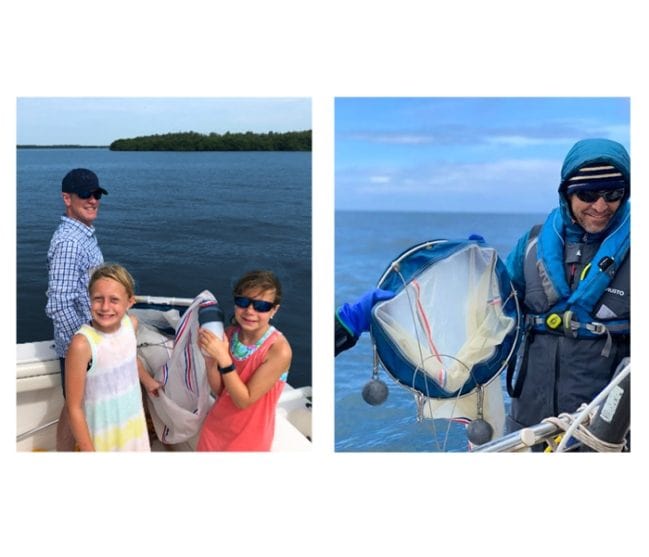
Citizen Science
Citizen science expeditions offer an opportunity for vessel owners to get involved in smaller-scale marine research initiatives.
These expeditions do not require scientists to be aboard, but they permit vessel owners and crew to participate in ongoing research projects which depend on the participation of non-scientists within the community.
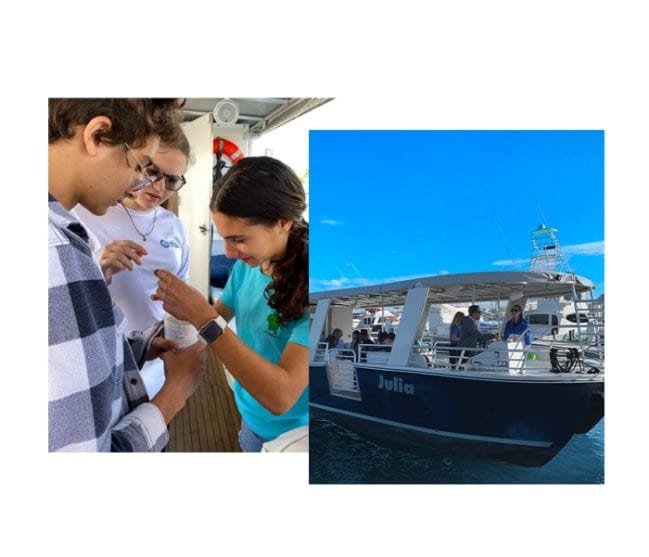
Educational Outreach
SeaKeepers work with marine educators and other non-profits to provide classrooms and small groups with local marine biology field trips, and also have online resources available for classes that are unable to travel.
The goal of our resources is to provide fun, interesting ways to engage the next generation in environmental conservation.
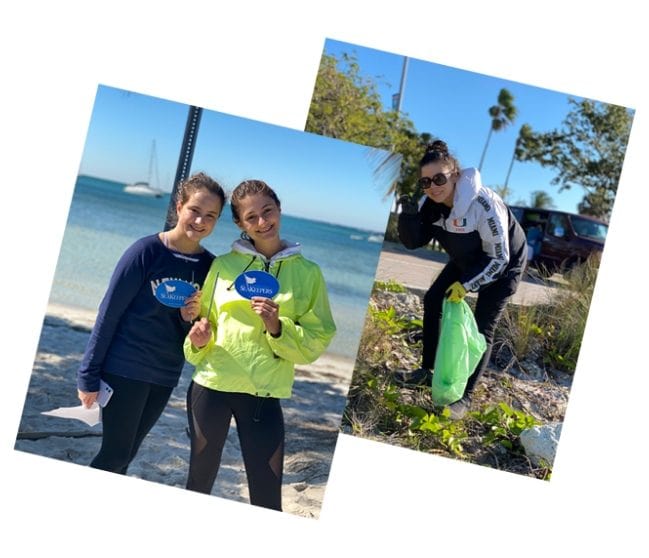
Community Engagement
SeaKeepers shares its mission of ocean research and conservation with local communities throughout the year. Headquarters is actively involved in multiple Floridian communities, taking part in scientific seminars, educational events, beach cleanups, and yachting industry functions.
Similarly the SeaKeepers Asia Chapter organizes community engagement opportunities throughout the year and activities can be found on their page.
Scientific Publications
2025
Chappuis, A., Hendrawan, I. G., Achmad, M. J., Clément, G., Erdmann, M. V., Hukom, F. D., Leblond, J., & Limmon, G. V. (2025). First record of a living coelacanth from North Maluku, Indonesia. Scientific Reports, 15, Article 90287.
2024
Southall BL et al. 2024 Behavioural responses of common dolphins to naval sonar. R. Soc. Open Sci. 11: 240650.
2023
Buzzoni, D., Cunning, R., & Baker, A. C. (2023). The role of background algal symbionts as drivers of shuffling to thermotolerant Symbiodiniaceae following bleaching in three Caribbean coral species. Coral Reefs, 42(6), 1285-1295.
Simpfendorfer, C. A., Heithaus, M. R., Heupel, M. R., MacNeil, M. A., Meekan, M., Harvey, E., ... & Wirsing, A. J. (2023). Widespread diversity deficits of coral reef sharks and rays. Science, 380(6650), 1155-1160.
2022
Humphries, A. T., DimArchopoulou, D., Stergiou, K. I., Tsikliras, A. C., Palomares, M. L. D., Bailly, N., ... & Pauly, D. (2023). Measuring the scientific impact of FishBase after three decades. Cybium—Revue Internationale d’Ichtyologie, 47, 213-224.
Rangel, B. S., Moreira, R. G., Rider, M. J., Sulikowski, J. A., Gallagher, A. J., Heithaus, M. R., ... & Hammerschlag, N. (2022). Physiological state predicts space use of sharks at a tourism provisioning site. Animal Behaviour, 191, 149-163.
Hammerschlag, N., McDonnell, L.H., Rider, M.J., Garrett, M.S., Gallagher, A.J., Hazen, E.L., Natanson, L.J., McCandless, C.T., Boudreau, M.R., Malin, L.P., Kirtman, B. 2021. Ocean Warming Alters the Distributional Range, Migratory Timing, and Spatial Protections of an Apex Predator, the Tiger Shark. Wiley Online Library (8) 16045.
2021
Jacoby, D.M.P., Fairbairn, B.S., Frazier, B.S., Gallagher, A.J., Heithaus, M.R., Cooke, S.J., Hammerschlag, N., 2021. Social Network Analysis Reveals the Subtle Impacts of Tourist Provisioning on the Social Behavior of a Generalist Marine Apex Predator. Frontiers in Marine Science (8) 665726.
Gutowsky, L.F.G., Rider, M.J., Roemer, R.P., Gallagher, A.J., Heithaus, M.R., Cooke, J., Hammerschlag, N., 2021. Large sharks exhibit varying behavioral responses to major hurricanes. Estuarine, Coastal and Shelf Science (256) 107373.
Anderson, B.N., Bowlby, H.D., Natanson, L.J., Coelho, R., Cortés, E., Domingo, A., Sulikowski, J.A., 2021. Preliminary estimate of post-release survival of immature porbeagles caught with rod-and-reel in the Northwest Atlantic Ocean. Marine Ecology Progress Series (660) 153-159.
Clementi, G.M., Babcock, E.A., Valentin-Albanese, J., Bond, M.E., Flowers, K.I., Heithaus, M.R., Whitman, E.R., Bergmann, M.P.M.V.Z., Guttridge, T.L., Shea, O.R.O., Shipley, O.N., Brooks, E.J., Kessel, S.T., Chapman, D.D., 2021. Anthropogenic pressures on reef-associated sharks in jurisdictions with and without directed shark fishing. Marine Ecology Progress Series (661) 175-186.
de Sousa Rangel, B., Hammerschlag, N., Sulikowski, J.A., Moreira, R.G., 2021. Dietary and reproductive biomarkers in a generalist apex predator reveal differences in nutritional ecology across life stages. Marine Ecology Progress Series(664) 149-163.
Shipley, O.N., Lee, C.S., Fisher, N.S., Sternlicht, J.K., Kattan, S., Staaterman, E.R., Hammerschlag, N., Gallagher, A.J., 2021. Metal concentrations in coastal sharks from The Bahamas with a focus on the Caribbean reef shark. Scientific Reports (11) 1-11.
de Sousa Rangel, B., Guimarães, R., Vieira, Y., Sulikowski, J.A., Hammerschlag, N., 2021. Metabolic and nutritional condition of juvenile tiger sharks exposed to regional differences in coastal urbanization. Science of the Total Environment (780) 146548.
2020
MacNeil, M. A., Chapman, D. D., Heupel, M., Simpfendorfer, C. A., Heithaus, M., Meekan, M., ... & Cinner, J. E. (2020). Global status and conservation potential of reef sharks. Nature, 583(7818), 801-806.
2019
Kuffner, I.B., Toth, L.T., Hudson, J.H., Goodwin, W.B., Stathakopoulos, A., Bartlett, L.A., Whitcher, E.M., 2019. Improving estimates of coral reef construction and erosion with in situ measurements. Limnology & Oceanography (64) 2283-2294.
Phenix, L.M., Brandl, S.J., Tricarico, D., Quintero, E., Bond, M.E., Gallagher, A.J., 2019. Evaluating the effects of large marine predators on mobile prey behavior across subtropical reef ecosystems. Ecology & Evolution (9) 13740-13751.
Phillips, B.T., Shipley, O.N., Halvorsen, J., Sternlicht, J.K., Gallagher, A.J., 2019. First in situ observations of the sharpnose sevengill shark (Heptranchias perlo), from the Tongue of the Ocean, Bahamas. Journal of Ocean Sciences Foundation (32) 17-22.
2018
Carlson, D.F., Özgökmen, T., Novelli, G., Guigand, C., Chang, H., Fox-Kemper, B., Mensa, J., Sanchit, M., Fredj, E., Huntley, H., Kirwan Jr, A.D., Berta, M., Rebozo, M., Curcic, M., Ryan, E., Lund, B., Haus, B., Molemaker, J., Hunt, C., Chen, S., Bracken, L., Horstmann, J., 2018. Surface ocean dispersion observations from the ship-tethered aerostat remote sensing system. Frontiers in Marine Science (5) 1-22.
Hammerschlag, N., Sulikowski, J., Gallagher, A.J., 2018. A comparison of reproductive and energetic states in a marine apex predator (the tiger shark, Galeocerdo cuvier). Physiological and Biochemical Zoology (91) 933-942.
Barrows, A.P.W., et al. 2018. "Marine environment microfiber contamination: Global patterns and the diversity of microparticle origins" Environmental Pollution. 237: 275-284.
2017
Hammerschlag, N., Gutowsky, L.F.G., Gallagher, A.J., Matich, P., Cooke, S.J., 2017. Diel habitat use patterns of a marine apex predator (tiger shark, Galeocerdo cuvier) at a high use area exposed to dive tourism. J Exp Mar Bio Ecol 495, 24-34.
Whelan, N. V, Kocot, K.M., Moroz, T.P., Mukherjee, K., Williams, P., Paulay, G., Moroz, L.L., Halanych, K.M., 2017. Ctenophore relationships and their placement as the sister group to all other animals. Nat Ecol Evol 1, 1737-1746.
Stern, S. J., Keener, W., Szczepaniak, I. D., & Webber, M. A. (2017). Return of harbor porpoises (Phocoena phocoena) to San Francisco Bay. Aquatic Mammals, (6), 691-702.
Others (Presentations/Posters/Databases/Theses)
2024
REEF. 2024. Reef Environmental Education Foundation Volunteer Fish Survey Project Database. World Wide Web electronic publication. www.REEF.org, 23 July 2024.
Clementi, G, Binder, B, Gastrich, K, Heithaus, M, Tucker N, Boswell, K. Permit Aggregation Fishery Dynamics and Depredation Mortality in the Florida Keys. American Fisheries Society: Spawning Splendor – Exploring Fish Aggregations in Tomorrow’s Seas. Honolulu, Hawaii, USA. September 18th, 2024.
Robichaud, J.A., Danylchuk A.J., Cooke, S.J., Casselberry, G.A., Adams, A.J., Griffin, L.P., Brownscombe, J.W. Using telemetry to assess the efficacy of a new Marine Protected Area for protecting fish spawning aggregations. Ocean Tracking Network Symposium. Halifax, Nova Scotia, Canada. September 24th, 2024. Page 5.
Robichaud, J.A., Danylchuk A.J., Cooke, S.J., Casselberry, G.A., Adams, A.J., Griffin, L.P., Brownscombe, J.W. Using telemetry to assess the efficacy of a new Marine Protected Area for protecting spawning fish. American Fisheries Society: Party Wave Acoustic Telemetry: fisheries research through collaboration and knowledge co-production. Honolulu, Hawaii, USA. September 19th, 2024.
Robichaud, J.A., Danylchuk A.J., Cooke, S.J., Casselberry, G.A., Adams, A.J., Griffin, L.P., Brownscombe, J.W. Using telemetry to assess the efficacy of a new Marine Protected Area for protecting spawning fish. American Fisheries Society: Connectivity considerations for the conservation of fishes in marine and freshwater ecosystems. Honolulu, Hawaii, USA. September 19th, 2024.
2023
Everett, A., Hazelwood, E., & Sparks, A. (2023). Reimagining Marine Conservation through Rigs-to-Reefs. Ocean Visions 2023 Summit, 26676.
2022
Groppe, C., 2022. Assessing the Effects of Thermal Stress, Hypoxia, and Hydrogen Sulfide Exposure on the Survival of the Gulf Toadfish (Opsanus beta) Univ Miami Thesis Collection.
2021
Circularity Informatics Lab, August 2021. Circularity Assessment: Miami, Florida. University of Georgia.
2016
The Int. SeaKeepers Society., 2016. SeaKeepers, Leading the Way Through International Waters. Seen & Heard.
2013
Brittany, L., 2013. An Exploratory Study: The Use of Privately Owned Vessels as Mobile Research Platforms. Univ Miami Thesis Collection.
Serrano, X. M. (2013). Horizontal vs. vertical connectivity in Caribbean reef corals: Identifying potential sources of recruitment following disturbance. University of Miami.
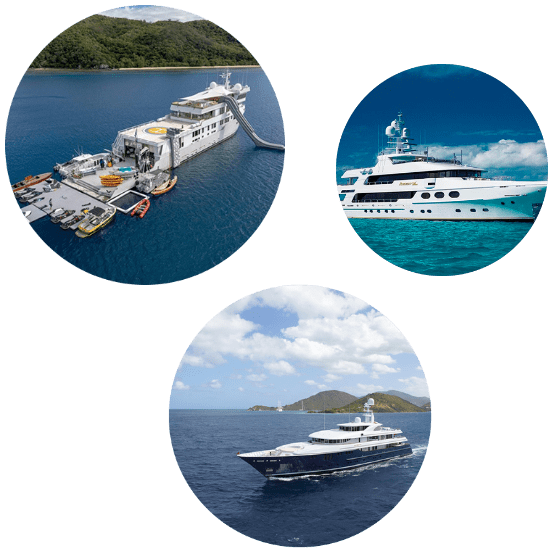
DISCOVERY Vessel Portal
SeaKeepers is proud of an extensive fleet that has provided support around the globe. The program’s existence is through the generous support of private vessels which are made available for scientist-led expeditions, citizen science, educational outreach events and community engagement activities. SeaKeepers is extremely grateful for the many different types of vessels which participate in our DISCOVERY Yacht Program and comprise the Fleet.
However to match the demand for oceanographic research, we are still in need of more support to satisfy the demand. Begin your search for an ideal vessel to host an expedition or submit your project for vessel support.

